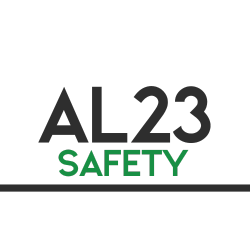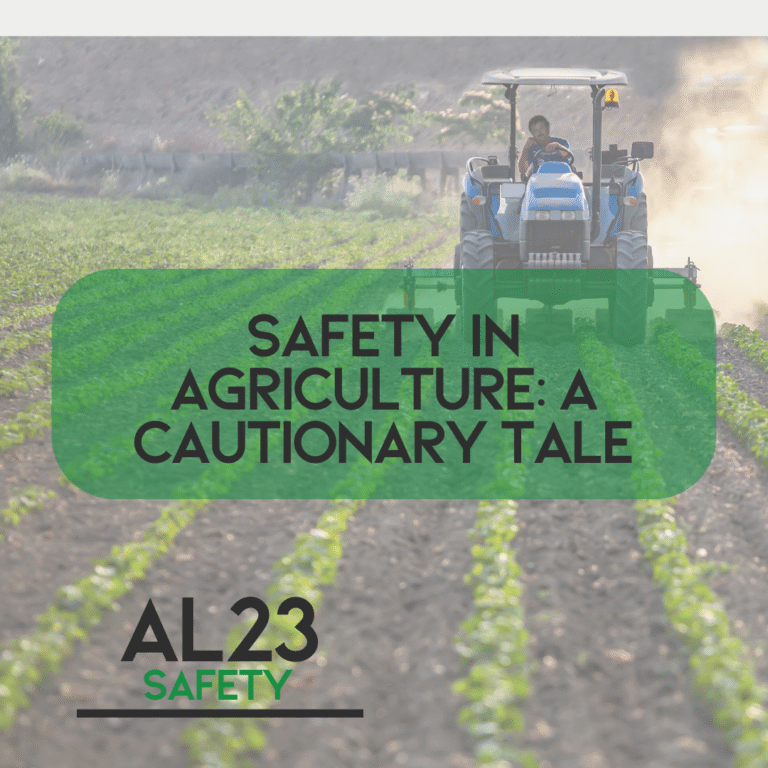The devastating case of Laura Simmons, a young shepherdess tragically killed whilst using a quad bike on a Gloucestershire farm, serves as a stark reminder of the critical importance of workplace safety in the agricultural sector. Her employer, Toby Baxter, faced prosecution following numerous safety oversights that contributed to this preventable tragedy. The Health and Safety Executive (HSE) identified significant failures in risk assessment, equipment provision, and training protocols, highlighting the pressing safety challenges that continue to plague Britain’s agricultural industry.
Understanding Agricultural Safety Risks in Modern Farming
Agricultural work consistently ranks amongst the most hazardous occupations in the United Kingdom, with workplace accidents occurring at rates significantly higher than other industries. The nature of farm work involves operating heavy machinery, working with unpredictable livestock, and navigating challenging terrain—all factors that contribute to elevated safety risks.
The tragic incident involving Laura Simmons exemplifies how seemingly routine tasks can become fatal when proper safety measures aren’t implemented. Quad bikes, whilst essential tools in modern farming operations, present particular hazards when operators lack adequate training or when vehicles aren’t properly maintained and equipped with appropriate safety features.
Essential Components of Effective Agricultural Safety Management
Comprehensive Risk Assessment Protocols
Every agricultural operation must begin with thorough risk assessment procedures that identify potential hazards and evaluate their likelihood and severity. These assessments should cover all aspects of farm operations, from machinery use to livestock handling, and must be regularly reviewed and updated as conditions change.
Effective risk assessment in agricultural settings requires understanding the unique challenges posed by:
- Seasonal variations in working conditions
- Equipment age and maintenance requirements
- Varying skill levels amongst workers
- Environmental factors such as weather and terrain
Mandatory Health and Safety Training Programmes
Proper training forms the cornerstone of effective safety in agricultural environments. All employees, regardless of experience level, must receive comprehensive health and safety training specific to their roles and the equipment they’ll operate.
Training programmes should encompass:
- Equipment operation and maintenance procedures
- Emergency response protocols
- Personal protective equipment (PPE) usage
- Hazard recognition and reporting systems
- Legal responsibilities under health and safety legislation
Equipment Safety and Maintenance Standards
Regular equipment inspection and maintenance represent critical elements of agricultural safety management. The Laura Simmons case highlighted how inadequate equipment safety measures can have fatal consequences. All machinery, including quad bikes, tractors, and specialised farming equipment, must undergo regular safety inspections and maintenance schedules.
Legal Obligations and Compliance Requirements
UK health and safety regulations place specific obligations on agricultural employers to protect their workforce. The Health and Safety at Work Act 1974, alongside more recent regulations, requires employers to:
- Conduct suitable and sufficient risk assessments
- Provide adequate training and supervision
- Maintain equipment in safe working condition
- Supply appropriate personal protective equipment
- Implement emergency procedures and first aid provisions
Failure to meet these obligations can result in prosecution, substantial fines, and most importantly, preventable injuries or fatalities amongst agricultural workers.
Implementing a Culture of Safety Excellence
Creating lasting safety improvements requires more than simply meeting minimum legal requirements. Successful agricultural businesses develop comprehensive safety cultures that prioritise employee wellbeing and continuous improvement in safety standards.
This involves:
- Regular safety meetings and communication
- Encouraging worker participation in safety initiatives
- Investigating near-miss incidents to prevent future accidents
- Recognising and rewarding safe working practices
- Maintaining open channels for reporting safety concerns
The Role of Professional Safety Consultancy
Many agricultural businesses benefit significantly from partnering with professional safety consultants who specialise in workplace safety within the farming sector. Expert consultants can provide objective assessments of current safety practices, identify areas for improvement, and develop tailored solutions that address specific operational challenges.
Professional safety services typically include:
- Comprehensive safety audits
- Development of bespoke training programmes
- Creation of risk assessment documentation
- Ongoing compliance monitoring and support
- Emergency response planning and preparation
Moving Forward: Preventing Future Agricultural Tragedies
The loss of Laura Simmons represents more than statistics in workplace accident reports—it highlights the human cost of inadequate safety measures and the urgent need for improved safety standards across the agricultural sector.
Every farm operation, regardless of size, has the opportunity and responsibility to implement robust safety measures that protect workers whilst maintaining operational efficiency. This requires commitment from management, investment in proper equipment and training, and recognition that workplace safety represents both a legal obligation and moral imperative.
Agricultural businesses that prioritise comprehensive safety management don’t just protect their employees—they also safeguard their operations against the devastating financial and reputational consequences of workplace accidents.
Taking Action: Your Next Steps Towards Enhanced Agricultural Safety
The agricultural sector’s safety challenges require immediate, decisive action. Workplace accidents like Laura’s tragedy are preventable when proper safety measures are implemented and maintained consistently.
If your agricultural operation needs professional support in developing comprehensive workplace safety protocols, conducting thorough risk assessments, or implementing effective health and safety training programmes, expert assistance is available. Professional safety consultants specialising in agricultural environments can help transform your safety culture and ensure full compliance with UK health and safety regulations.
Don’t wait for a tragedy to highlight safety deficiencies in your operation. Take proactive steps today to protect your workforce and secure your business’s future through comprehensive workplace safety management.



